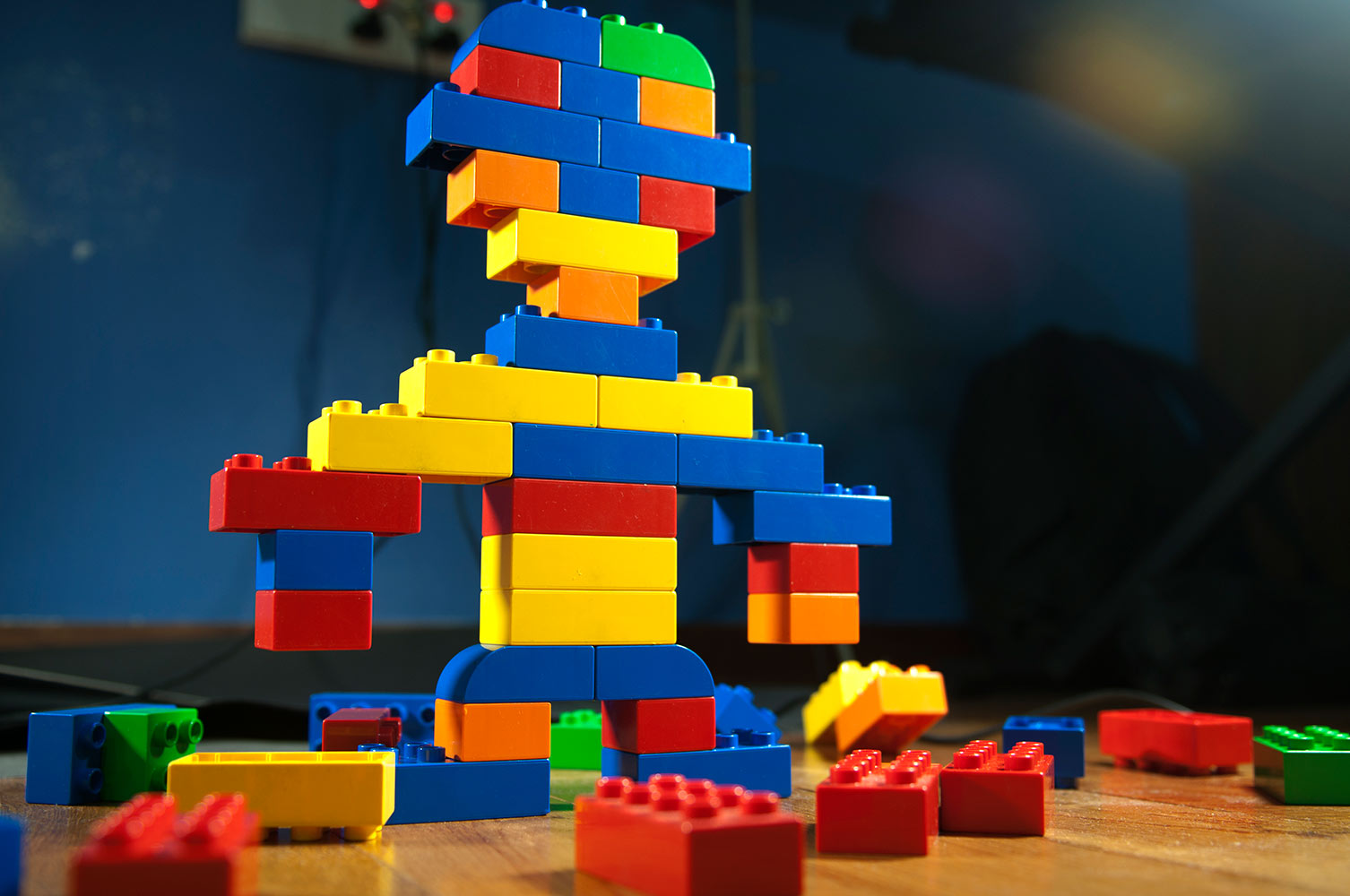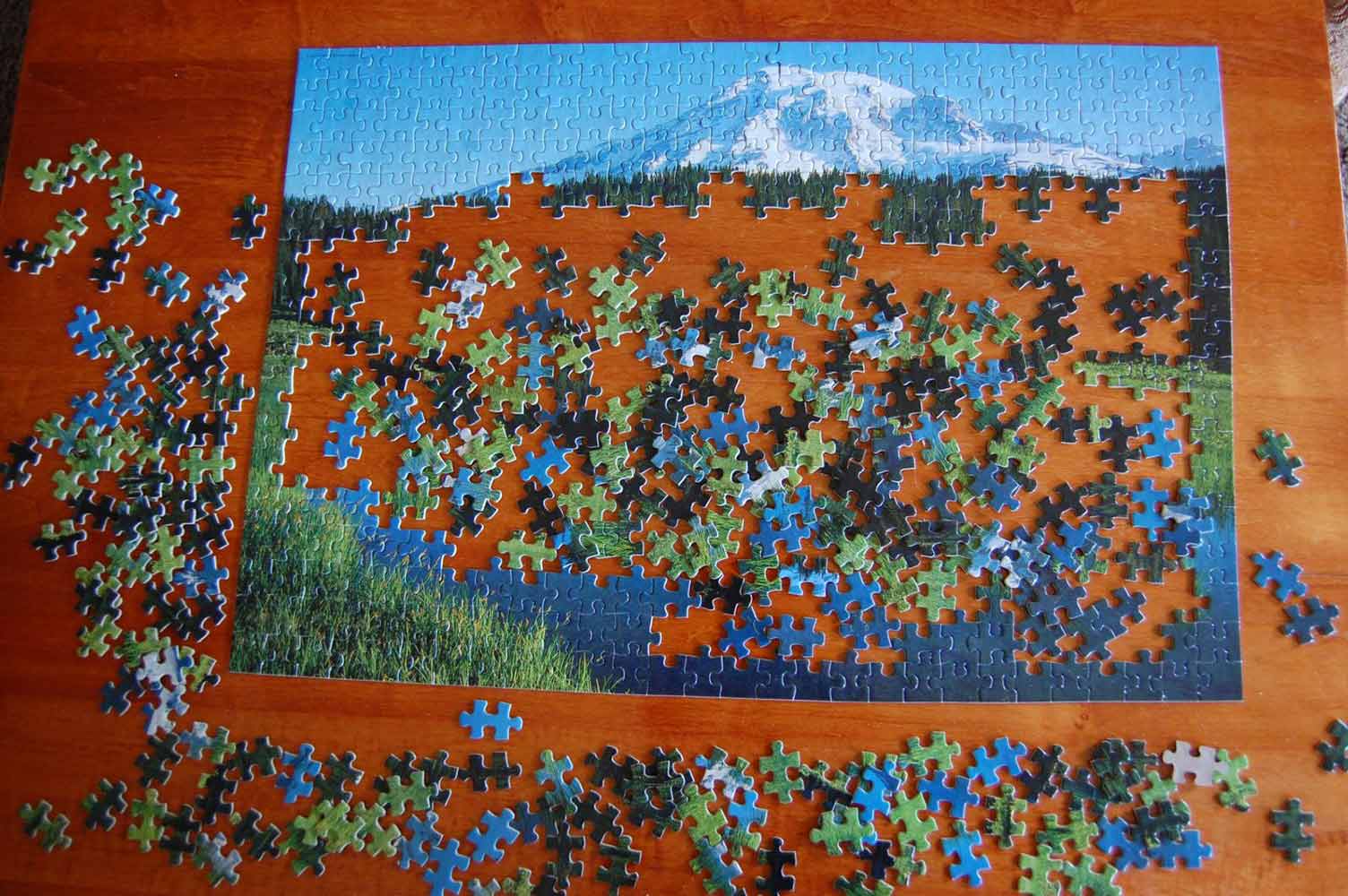Give the gift of maths this Christmas
What’s on your kids’ (or niece’s, or nephew’s) Christmas lists? No doubt there are all manner of toys and trinkets that the kids are clamouring for. If you’re keen to give the little ones a jump-start on their maths confidence and abilities—early proficiency at maths has been shown to be a strong predictor of academic success in general—there are a few options that should go on that list. This is not an exhaustive list of all the toys and games that will help nuture those early maths skills—just a few to get you started!
Building and construction toys
First and foremost, blocks—from the classic wooden building blocks to the interlocking kinds like Duplo and Lego—are an age-old favourite, and with good reason.
At the same time as promoting imaginative and creative play, blocks help children to develop and enhance their motor skills, and even more importantly, their spatial skills. Building and arranging blocks of different shapes and sizes into elaborate (or even simple) constructions can foster children’s understanding of position and area, not to mention gravity!

What’s more, it turns out that young children with stronger spatial reasoning skills also tend to have better maths skills. Playing with blocks has been found to increase children’s ‘math talk’—which also aids in the development of their maths skills, and a direct link between pre-schoolers’ block play and increased maths skills has also been found. Other construction toys, like marble runs and Meccano, are also great for motor and spatial skills.
Books
Picture books that introduce numeracy visually are a great choice. The Little Hungry Caterpillar chronicles the food choices of a hungry caterpillar, embedding maths within the story and with engaging illustrations that keep young readers interested. And you don’t have to restrict the maths angle to simple counting—other questions like ‘How much did that caterpillar eat all together?’ or ‘How many healthy foods did the caterpillar eat?’ also help introduce concepts of addition, and have the added bonus of combining literacy skills with numeracy (and potentially nutrition!).
Books can also build on children’s spatial reasoning skills by introducing them to words that describe locations, places and orientation, and promoting an awareness of the surrounding environment. There are a number of great books that do this, and reading them together with your child, asking them questions along the way, will help boost their understanding.
Puzzles
Another age-old favourite, jigsaw puzzles, are not only great for keeping kids occupied during the holidays, but also for spatial reasoning—seeing which pieces will connect, matching like to like. Riddles and brainteasers are fantastic for developing logic and reasoning skills, both integral to maths.
Tangrams—arranging tiles of different shapes to fit within the outlines of particular shapes—is another great way to develop kids’ spatial skills.

Games
Dominos is a game that has obvious numeracy applications. Even the simple act of learning to recognise the different numbers of dots on the tiles and matching them is an excellent numeracy skill for young children. And again, you don’t have to keep to the simple version—there are domino sets that go up to double 15s! There are also numerous variations possible on the basic game. For example, you can play the game where adjoining tiles must add up to a certain total rather than simply matching.
Guess Who is a game that involves narrowing down a selection of different characters to a single person through a series of yes or no questions. Fun and entertaining for the kids, it also involves sorting, categorising, and identifying similarities between the characters—all of which support basic numeracy.
And for slightly older kids, another classic is Mastermind. The aim of this game is to determine the sequence of four coloured pegs through a series of guesses and limited feedback on the accuracy of those guesses. This uses a combination of spatial and logic skills, really getting those young brains working.
So if you need to do any last-minute shopping for little (or not so little) ones, think about giving the gift of establishing maths skills—you’ll be giving the kids a gift that will definitely keep on giving. And you know what? These games and toys are also really fun.





